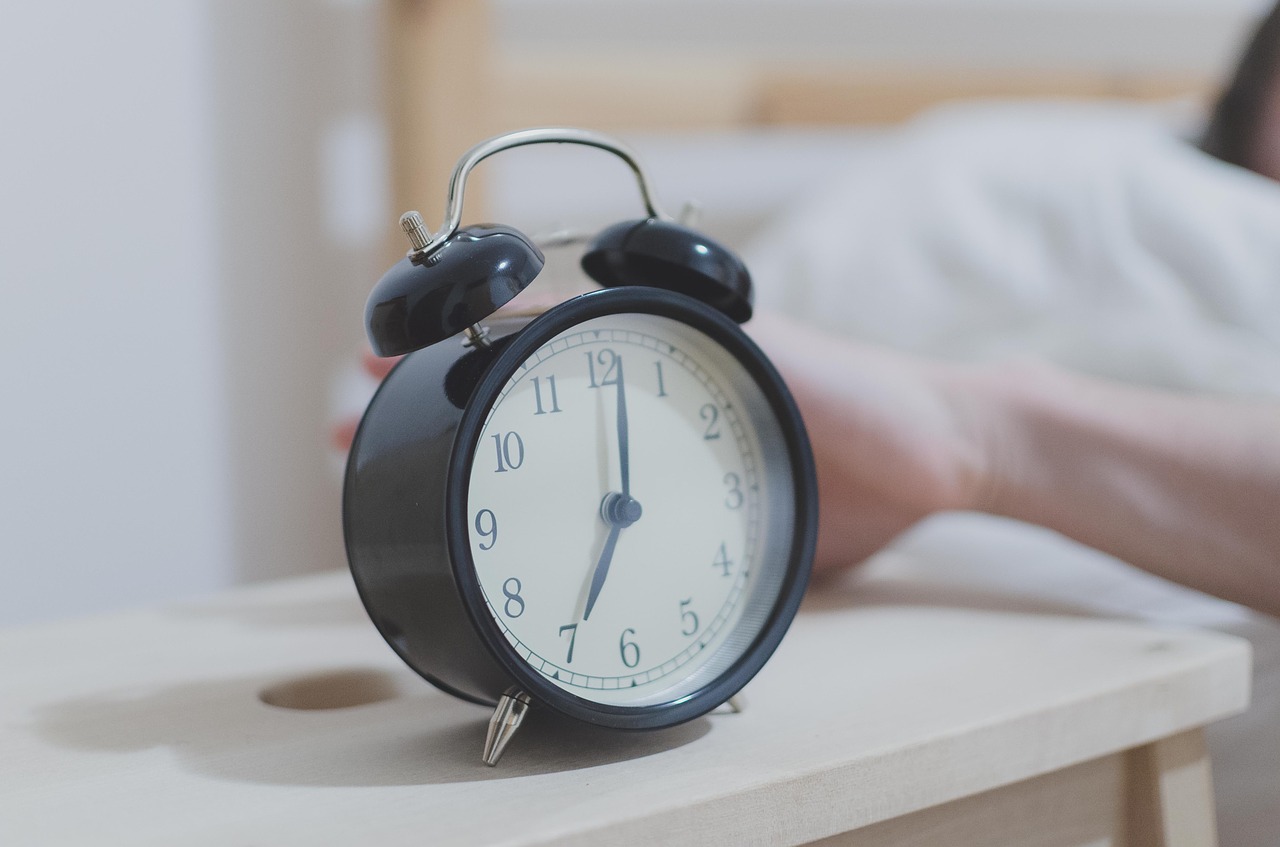Everyone knows it’s important to wash your hands and brush your teeth regularly. But practicing good sleep hygiene is also important and can have a significant impact on your quality of sleep and your health, said Michael Grandner, director of the University of Arizona’s Sleep and Health Research Program, at the Food & Nutrition Conference & Expo from the Academy of Nutrition and Dietetics in Philadelphia.
Yet far too few people recognize the value of sleep as part of their personal health.
Grandner shared these 10 commandments of good sleep hygiene:
- Set a regular schedule for sleep.
- Exercise regularly but not too late at night. (He caveated that some people aren’t bothered by exercise at night and that’s fine.)
- Get light during the day and avoid it at night. Fun fact: Getting a lot of light first thing in the morning can help reset your clock for the day.
- Keep your bedroom cool, dark and comfortable.
- Don’t go to bed too hungry or too full.
- Avoid excessive liquid consumption in the evening. Although sometimes nighttime bathroom trips have more to do with insomnia than any problems with the bladder.
- No caffeine, nicotine or alcohol near bedtime. These substances will interfere with good sleep.
- Don’t go to bed angry, worried or upset. Keep those emotions and thoughts out of the bed.
- Get rid of the clock. Grandner said the two things people do in the middle of the night when they should be sleeping are: 1. Check the clock. 2. Math. And it’s not helpful.
- Don’t nap too long or too late during the day.
An important caveat: Sleep problems and sleep disorders are different, and the latter requires intervention, he said.
Training your brain for bed is also one of the keys, Grandner says, and if yours is currently trained to do ALL the planning, worrying, thinking, reading, texting, etc., in bed, don’t fret.
You can train it back and reprogram your brain. How?
“Take everything but sleep out of the bed,” he said.
Make the bed a place only for sleep. Get out of bed for the other things. You will start to associate bed only with sleep, and then when you get into bed at night, your body and brain will take over and know what to do, he said.
Bolster your sleep hygiene. And sleep tight.
Kathryn Doherty has been a health editor with SmartBrief for 14 years. She has covered many facets of the health care industry during that time and currently focuses on physicians, health care providers, nutrition and wellness.
Sign up for Nutrition and Dietetics SmartBrief for more nutrition news, research and commentary. And for more health care content delivered straight to your inbox, check out all of SmartBrief’s health care newsletters, covering health IT, news for insurers, news for health care providers and more.
